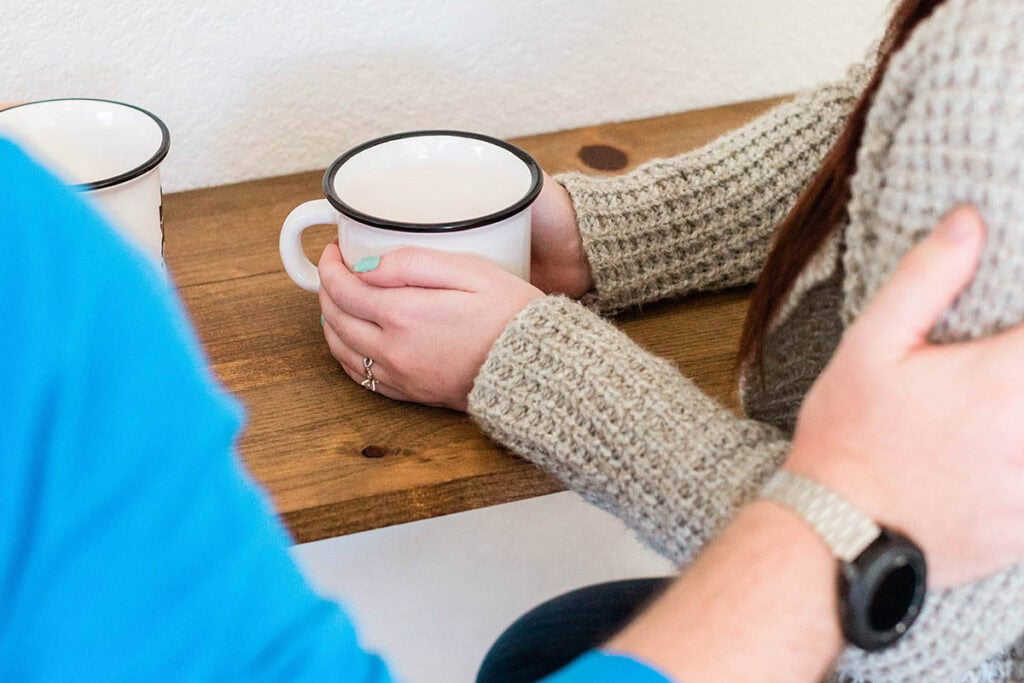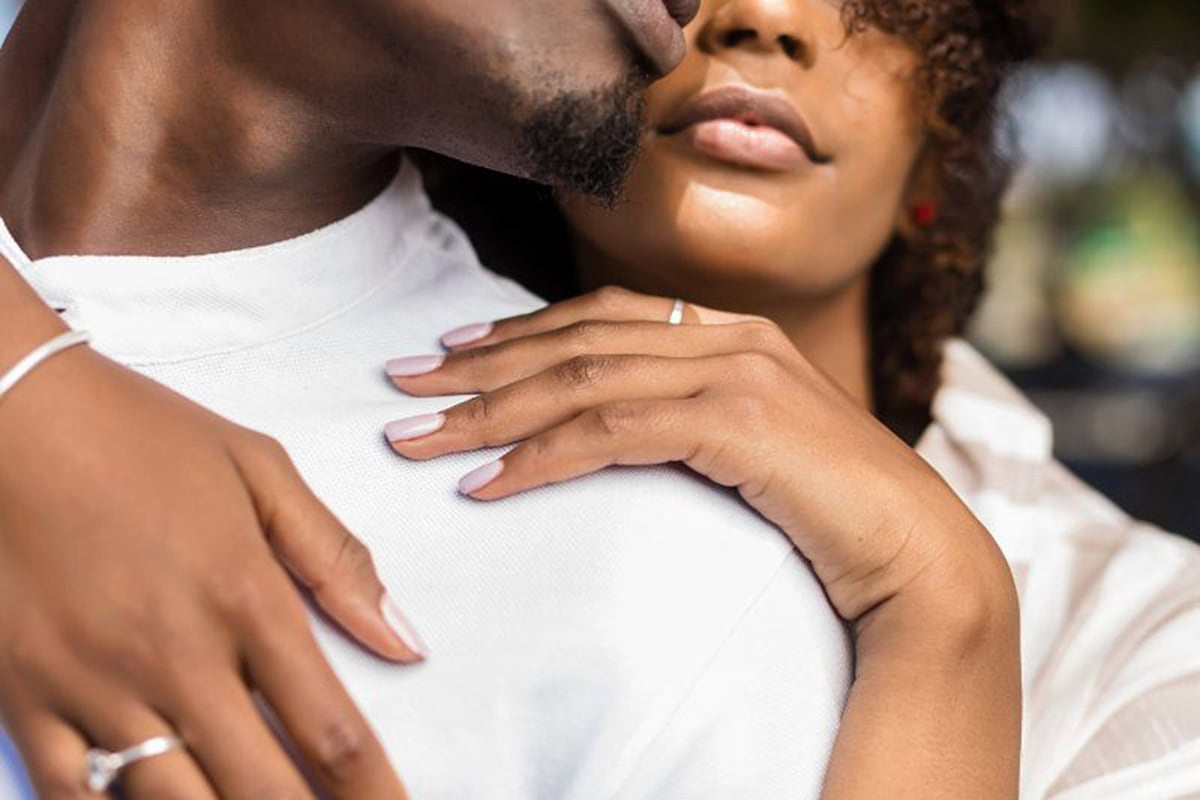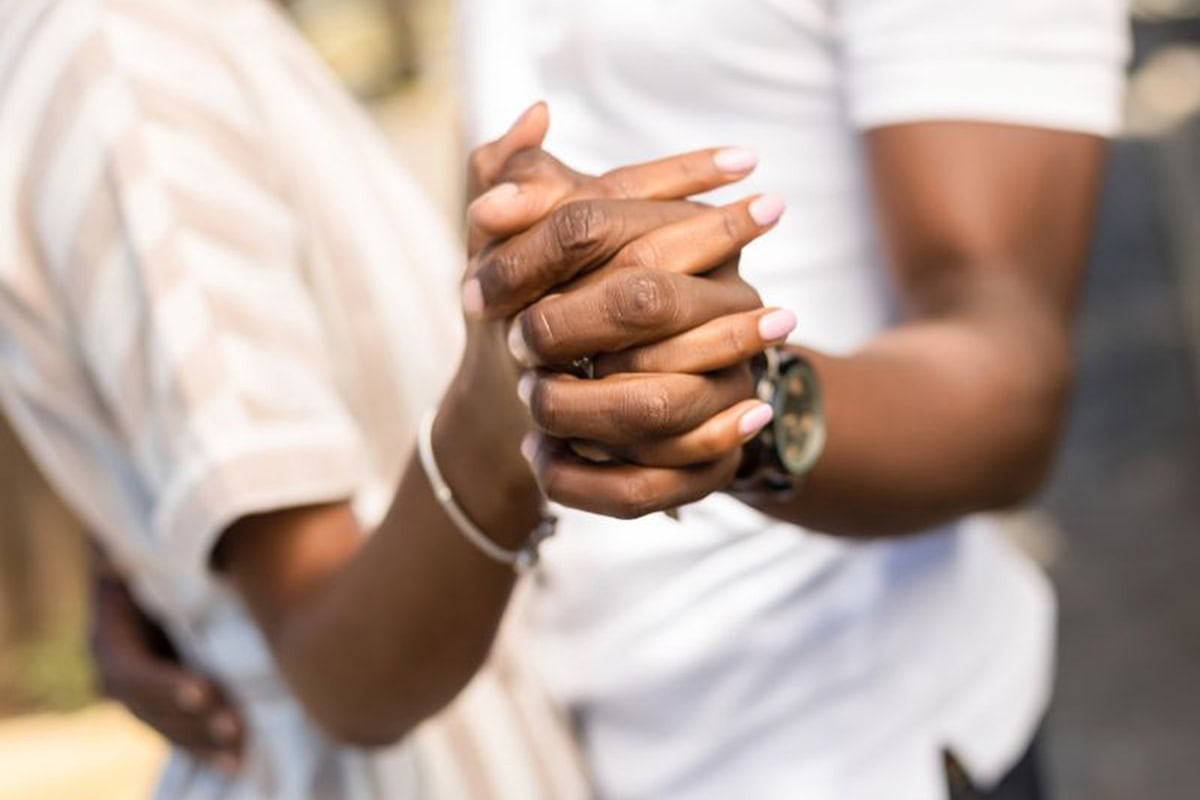The Importance of Accountability in Relationships
When we think about the pillars of a healthy relationship, terms like trust, communication, and love often top the list. However, there’s another cornerstone that’s equally, if not more, important: accountability in relationships.
In my own journey through the ups and downs of love, I’ve learned that accountability is a key ingredient in a successful relationship. Without accountability, even the happiest couples will struggle when they inevitably encounter conflict and communication breakdowns.
Let’s walk through all the ways that accountability in your relationship is not just beneficial; it’s an essential component of being a good partner.

*Disclosure: I only recommend products and services that I would use myself, and all opinions expressed here are my own. As an Amazon Associate and affiliate partner of certain other brands, I earn from qualifying purchases. This post contains affiliate links, which means I may earn a small commission (at no additional cost to you) when you sign up or make a purchase through these links. Please see the privacy policy and terms of use to learn more.
What Does It Mean To Be Accountable In A Relationship?
Accountability in relationships means taking responsibility for your actions and their consequences. It’s about being transparent with both yourself and your partner, acknowledging the impact of your choices on the relationship’s health.
We all stumble and make mistakes; it’s a part of the human experience. However, what sets a healthy relationship apart is the willingness of each partner to take responsibility and learn from those mistakes. When both partners hold themselves accountable, it establishes mutual respect and appreciation for each other — setting the stage for a happier, healthier relationship.

Why is it important to be accountable in your relationship?
Accountability is essential in a healthy relationship, not just as a couple but for yourself.
Accountability for your relationship
A healthy relationship is like a two-way street— you must keep your eyes on the road and be aware of what’s happening in both lanes to drive safely. The same thing applies to a relationship; you need to consider what’s happening in the relationship as a whole rather than just from your point of view.
By taking responsibility for your relationship, you’re committing to nurturing it, investing time and effort, and working towards a shared vision of happiness (even when things get tough).
Accountability to your partner
Being accountable to your partner goes beyond merely admitting when you’re wrong; it requires understanding how your actions influence their feelings, trust, and overall well-being.
The ultimate sign of respect for your partner is acknowledging what they need in terms of communication, affection, and support — and doing your best to meet them there. You must practice empathy and compassion, putting yourself in their shoes even when you disagree.
Being accountable to your partner is going to look different on different days and at different times in your relationship. Sometimes, it requires challenging them to be the best version of themself when they need a little push. Other times, it’s helping them through a tough time. Your goal is to stay in tune with your partner and help them lead their best life.
Bonus Tip: If you and your partner have not read and discussed the best-selling book “The Five Love Languages” by Gary Chapman, now is the time! This insightful read will help you identify how you each show and prefer to receive affection. The relationship-changing revelations within this book can help couples communicate and express their emotions more effectively —not only during the periodic couple checkup but on a daily basis!
Accountability to yourself
Even in the best relationships, it can be easy to lose sight of your own identity. But while your relationship is an integral part of your life, it shouldn’t define you entirely. Make sure you are practicing your values in your relationship and life.
First and foremost, accountability means being honest with yourself. So often in couples, one person is cast as the “sinner” and the other as the “saint,” but this binary view oversimplifies the complexities of relationships. Taking responsibility for yourself is crucial to breaking through these unhealthy dynamics. Owning up to your mistakes is an act of humility that encourages your partner to do the same.
Second, being accountable to yourself means being honest about your feelings, desires, and concerns — and communicating openly with your partner when things feel off-kilter. Sometimes, this means having difficult conversations in order to help your partner understand you and your needs better.
Are you being the best version of yourself?
Are you practicing what you expect from your partner?
Are you communicating your needs effectively with your partner?
These are just a few basic questions you need to ask yourself to be more accountable. By understanding and owning your contributions to the relationship and your life, you foster an environment of honesty and understanding that will help you and your partner grow together.
Looking for more assistance in practicing accountability in your relationship?
Check out these helpful articles next:

Ways to practice accountability in relationships
We could all use a little extra practice when it comes to accountability because there are so many different ways to be accountable. Let’s start with these 5 basic methods.
1. Communication
Open, honest, and frequent communication is the backbone of accountability. This includes everything from being respectful during disagreements to actively listening to your partner.
Communication builds trust and understanding — laying the foundation for healthy relationships.
2. Don’t Play the Blame Game
Instead of pointing fingers and assigning blame, focus on understanding each other’s perspectives. Chances are, whatever challenge you’re facing was not an intentional offense by either party.
Talk about the misunderstanding, and work together to find solutions that benefit both of you. Remember that you’re a team, not opponents.
3. Seek to Understand Through Empathy
Empathy is a powerful tool in relationships. It makes your partner feel seen and heard while also helping you look at the world from their perspective. Make a genuine effort to understand your partner’s feelings (especially when they differ from your own) to foster a deeper connection and mutual respect.
Practicing empathy with your partner is like learning a new language — the language of your partner’s heart. And with the proper translation, every new emotion and nuance uncovered can bring you closer together.

4. Set an Example of How You Want to be Treated
Relationships are give-and-take, so lead by example and show your partner the qualities you value.
If you want honesty, be honest. If you want trust, be trustworthy. It really is as simple as that.
5. Lots of Self-Reflection
Take the time to reflect on how your actions and behaviors impact your relationship. Really get honest with yourself and ask the hard questions mentioned above. Are you staying accountable to yourself?
Try journaling, meditating, or talking with a trusted friend to help you gain insights into yourself and your relationship. You can’t expect an emotionally healthy relationship if you’re not willing to put the work in on yourself as well.

Accountability: The Cornerstone of a Strong Relationship
Looking back at the serious romantic relationships I’ve had in my life, it’s easy now to see where a lack of accountability (for one or both partners) was the culprit of many hard breakups. And understandably so — accountability is a skill learned as you grow and mature, so of course, my younger relationships crashed and burned. We just weren’t ready for that kind of commitment.
Even now, in my 40s, I don’t look forward to admitting that I wasn’t at my best with my husband (and vice versa) — but it has definitely been the most impactful way to overcome disagreements and understand each other.
Accountability will never be easy, but it gets easier the more you practice it. And the resulting benefits for your relationship are absolutely worth it.
Being your best self
No relationship is perfect, and everyone makes mistakes — but it’s how you handle these mistakes and learn from them that defines the strength of your relationship. So, embrace accountability, communicate openly, and work together with your partner to build a relationship that withstands the trials of life and love.
Remember, love isn’t just about finding the right person; it’s about being the best version of yourself for your partner and yourself.
How do you practice accountability in your relationship? What tips would you provide a couple struggling with accountability? Share your insights in the comments below!




